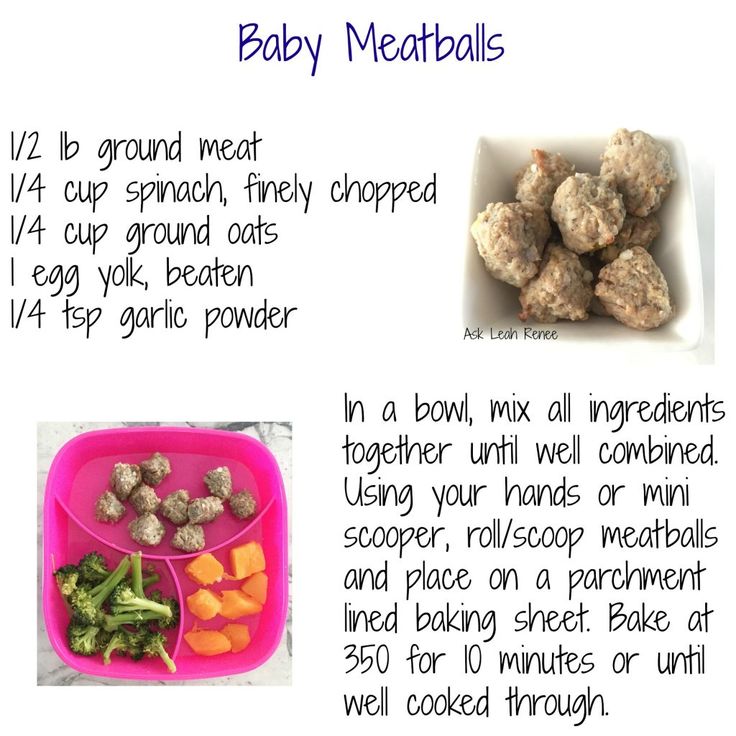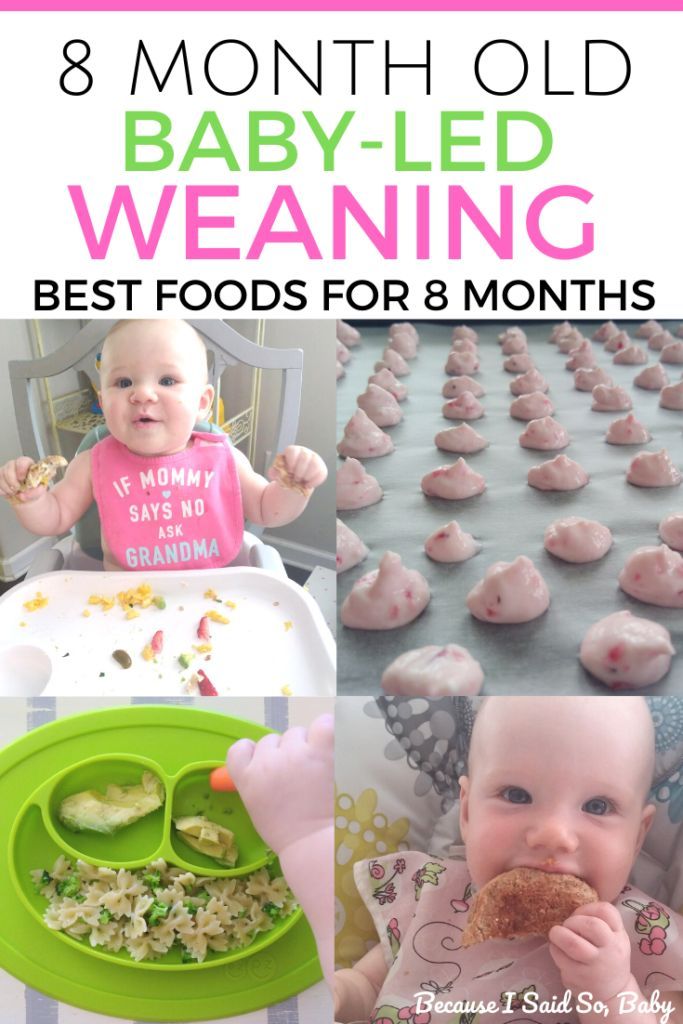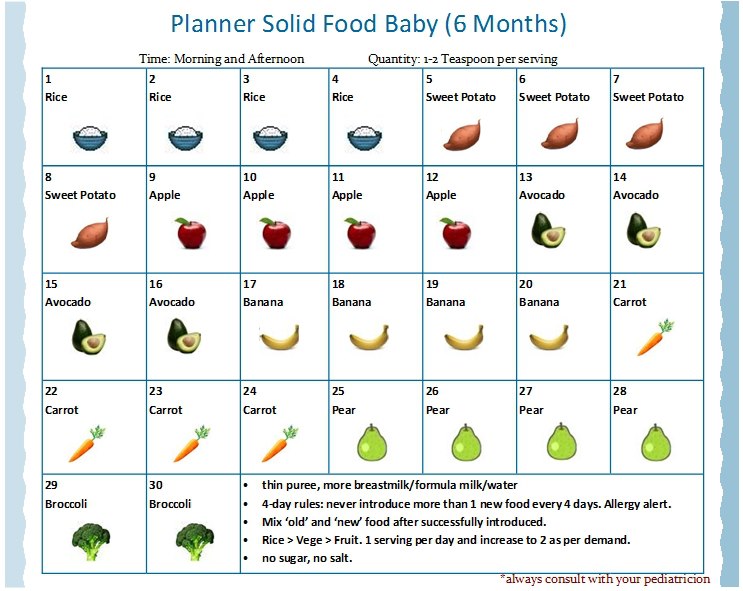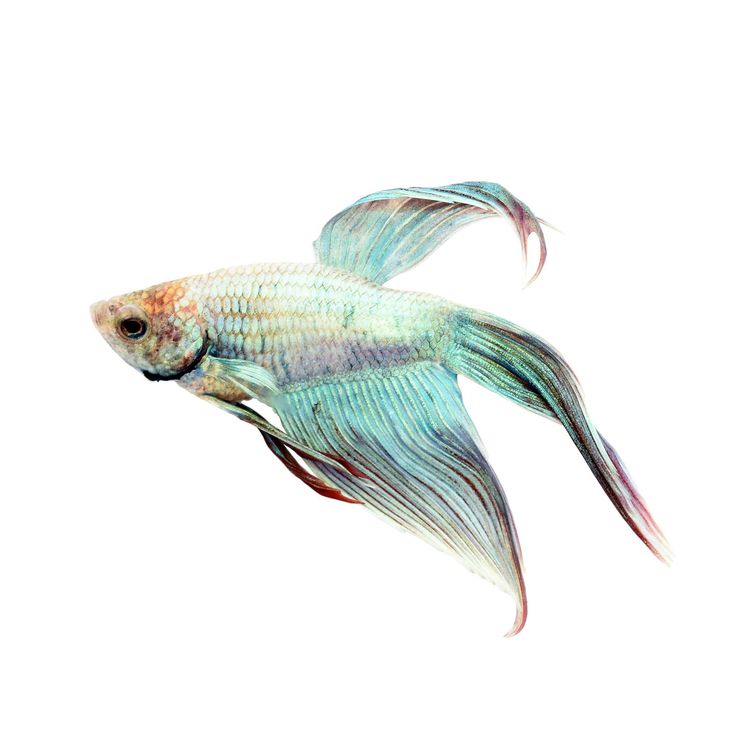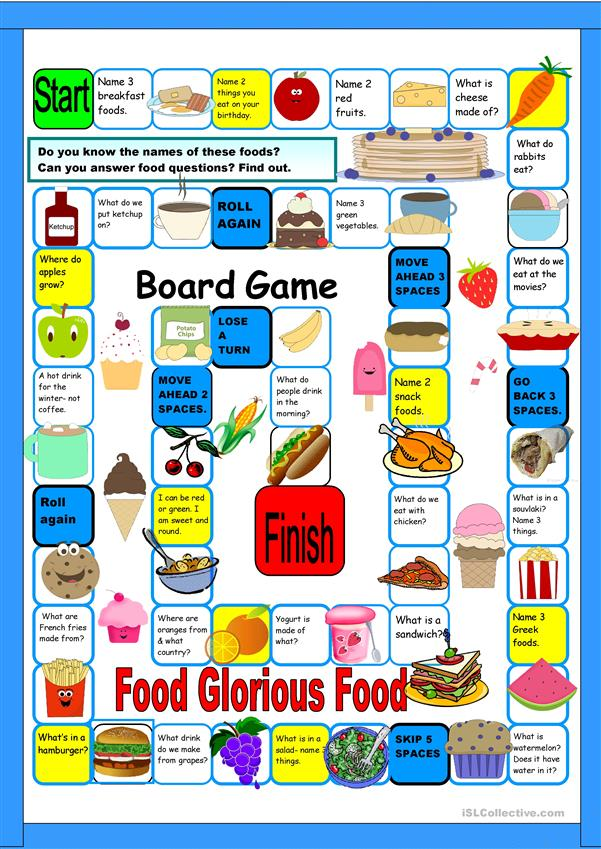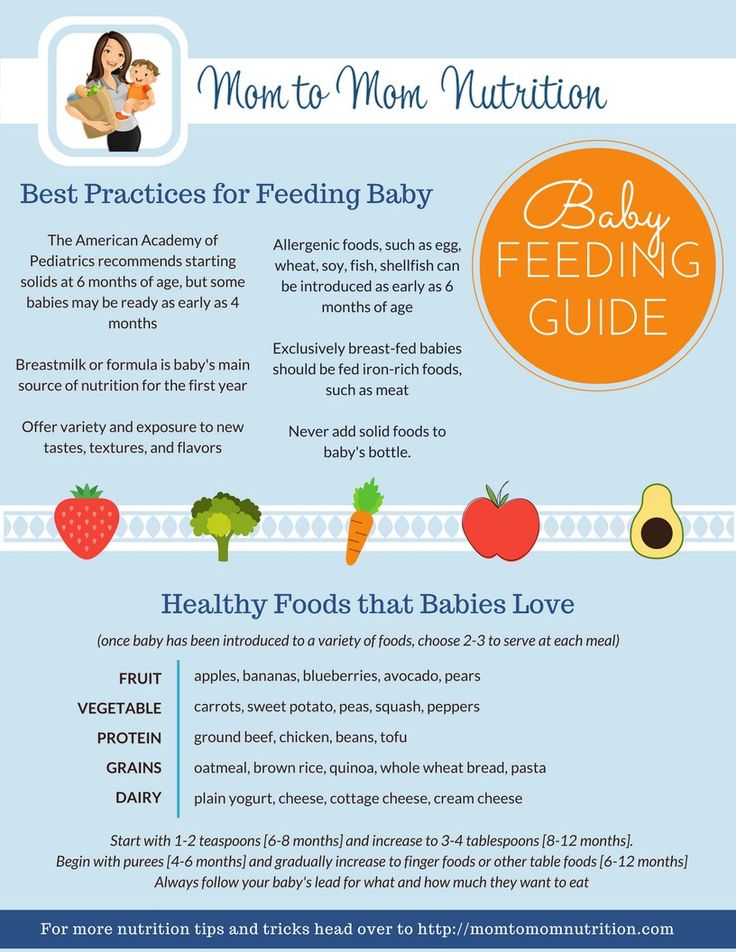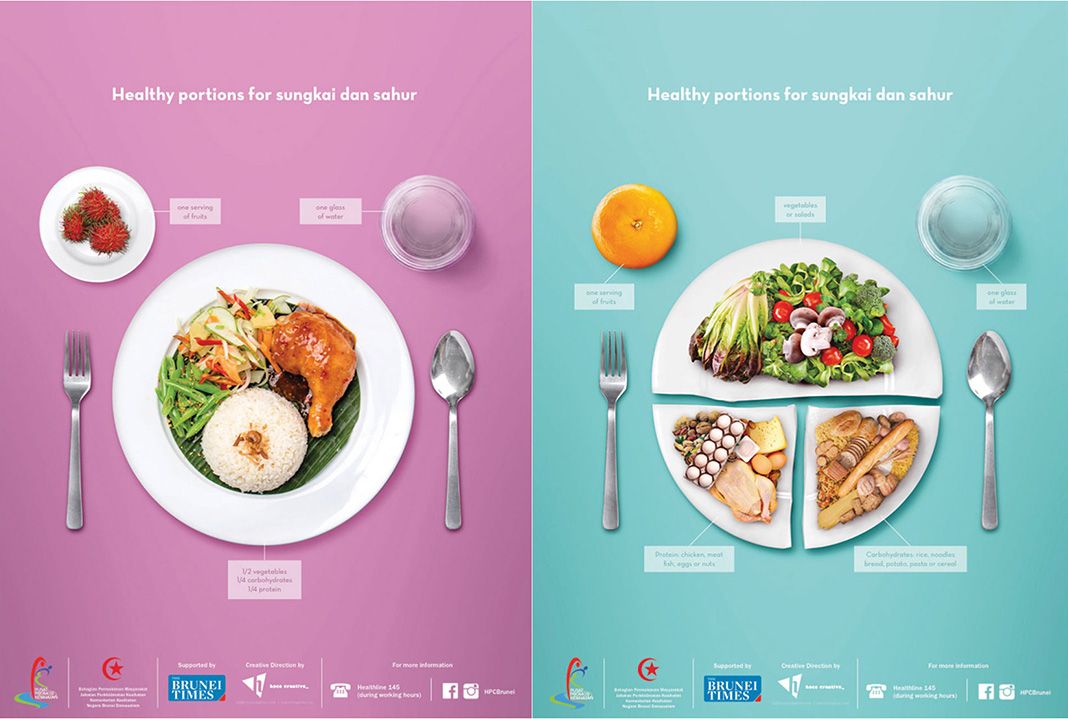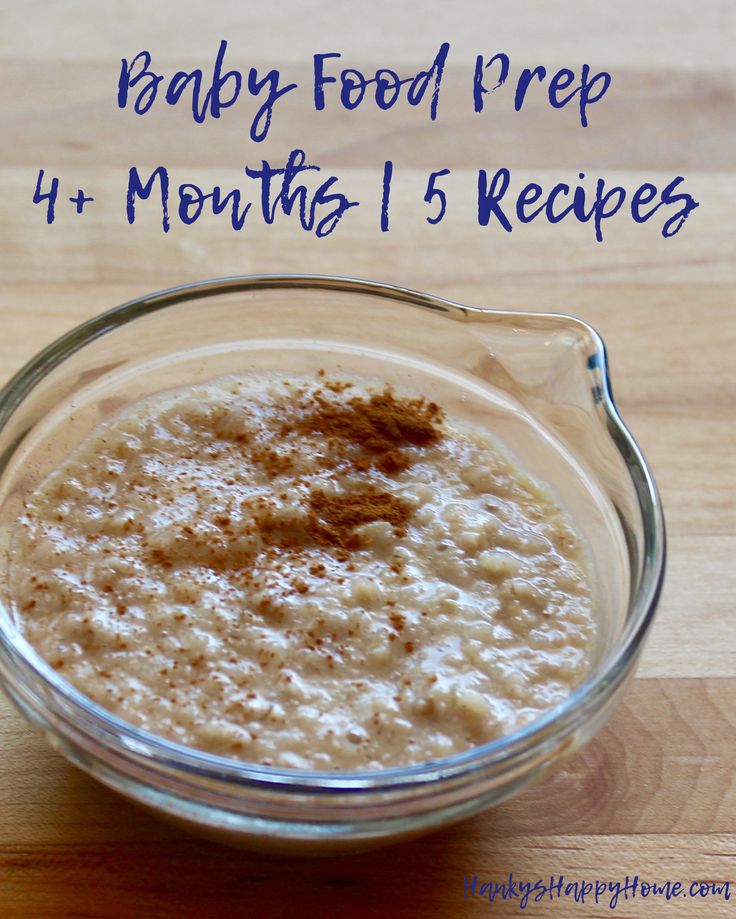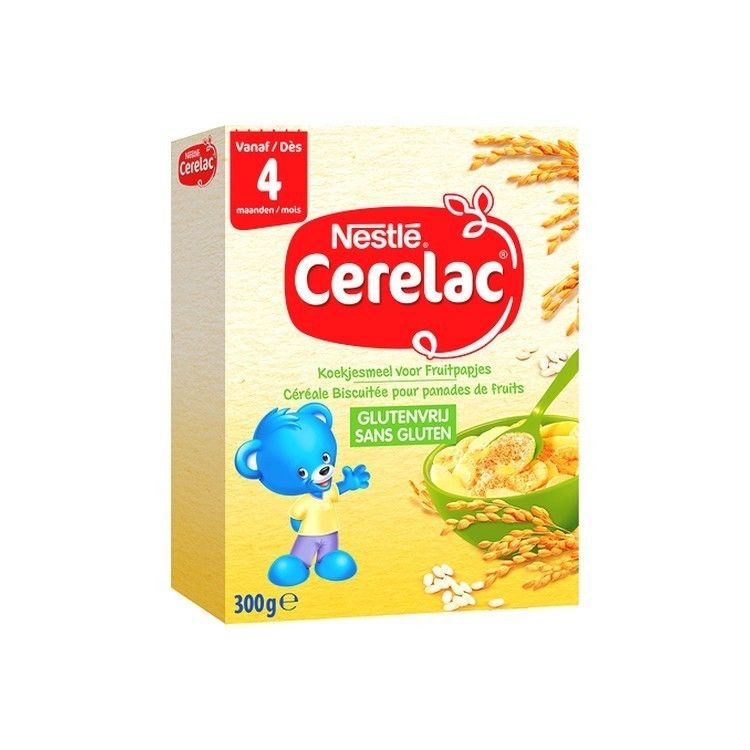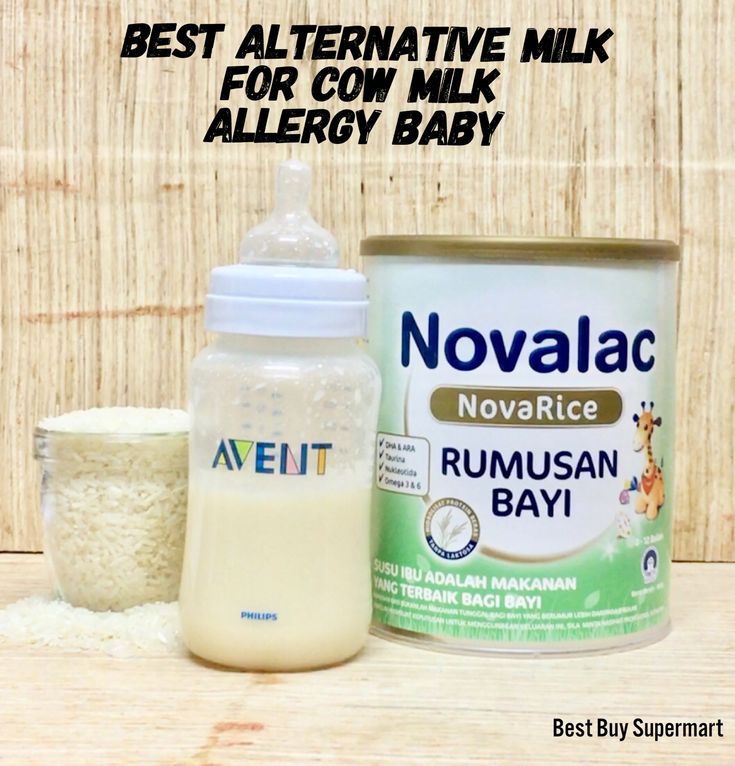What to feed a sick 8 month old baby
What should my sick child eat and drink?
It wasn’t so long ago that doctors would advise parents to give sick children only “BRAT diet” foods: bananas, rice, applesauce, and toast. The reasoning was that bland, low-fiber foods would be less likely to irritate an upset stomach and would produce less stool. Now the BRAT diet is no longer recommended since it lacks nutrients. Instead, the American Academy of Pediatrics (AAP) recommends that children go back to eating a regular, well-balanced diet within 24 hours of getting sick.
Don’t back off on breastfeeding
Suggestions for feeding infants with illness include the following:
- Breastfed babies should continue to breastfeed, even more than before. Breast milk is easiest on your child’s digestive system, and the immune factors your body produces in response to your child’s illness give an important boost to your child’s immune system.
- Infants on formula should continue to formula-feed unless their health care provider recommends otherwise.
- Watch for dehydration. Signs of dehydration include fewer wet diapers, lack of tears during crying, fever, dry mouth, weight loss, extreme thirst, listlessness, and sunken eyes. Sunken fontanelles (the soft spots between the bones of the skull) may also be noticeable.
- If your child is younger than 6 months of age, do not give water or any fluids other than breast milk or formula without consulting your baby’s health care provider.
Follow your child’s lead
For feeding older children, here are some guidelines:
- Don’t make your child eat if she has no appetite. There is no need to force her to eat. When possible, offer small amounts of food throughout the day instead of larger meals. As long as she’s drinking liquids and staying hydrated, solid foods aren’t necessary.
- Don’t restrict food when he feels up to eating. ( The old adage “starve a cold, feed a fever” is actually a myth.)
- Consider giving your child probiotics.
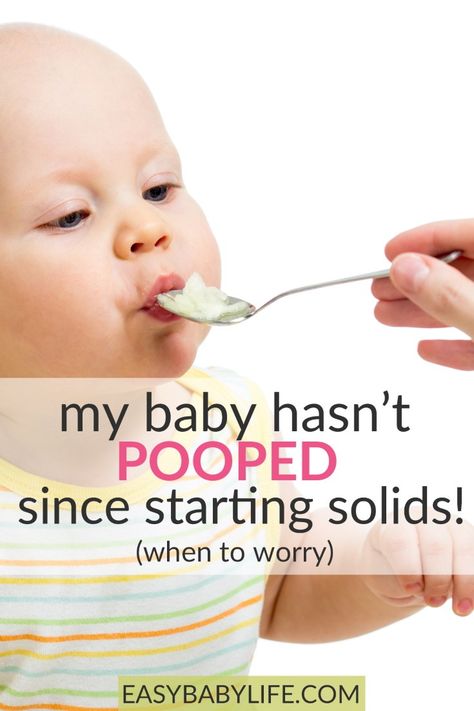 They stimulate the growth of healthy bacteria in the gastrointestinal tract. Yogurt (2–6 ounces twice a day) is the easiest source of probiotics. Kefir is another popular option. Both yogurt and kefir are available in frozen forms, which may be more appealing since they are cold, dissolve slowly on the tongue, and are similar to ice cream.
They stimulate the growth of healthy bacteria in the gastrointestinal tract. Yogurt (2–6 ounces twice a day) is the easiest source of probiotics. Kefir is another popular option. Both yogurt and kefir are available in frozen forms, which may be more appealing since they are cold, dissolve slowly on the tongue, and are similar to ice cream. - Generally, starchy foods (dried cereals, bread, crackers, noodles, mashed potatoes, and rice) should be offered in addition to the child’s regular diet, while fatty foods and sugary foods (including beverages like soda) should be avoided.
- If your child is vomiting, the AAP recommends that for the first 24 hours, you “keep your child off solid foods, and encourage her to suck or drink small amounts of electrolyte solution, clear fluids such as water, sugar water (1/2 tsp. of sugar in 4 ounces of water), popsicles, and gelatin water (1 tsp of flavored gelatin in 4 ounces of water).” Other possible fluids include diluted apple juice (equal parts juice and water), small amounts of ginger ale, and clear coup broth (cooled).

Give favorite fluids
When giving clear fluids, the type you choose may not be as important as how much your child drinks. A randomized study of 647 children ages 6 months to 60 months with mild gastroenteritis and minimal dehydration at a pediatric clinic in Toronto, Ontario, compared treatment focused on electrolyte solution with use of diluted apple juice and other preferred fluids. The research team found that fewer children who received apple juice or other preferred fluids needed follow-up care with intravenous fluids for dehydration than children in the electrolyte solution group. So give your child what he likes.
If your child is unable to keep clear liquids down—if even small sips cause vomiting—or if the symptoms worsen, contact your child’s health care provider right away.
Last updated September 25, 2021
Foods to Eat & Avoid during Cold and Cough for Babies and Kids
If your bundle of joy has a cold and cough, it must be really hard for you to see him suffer. Your child may have a poor appetite during this time and he may even refuse to eat. But not getting adequate nutrition can slow down his body’s natural response to fight infection. You must make sure that he eats the right food to get him immune system back on track. Read this article to find out which foods you can give (and avoid) to your child when he has a cold or cough.
Your child may have a poor appetite during this time and he may even refuse to eat. But not getting adequate nutrition can slow down his body’s natural response to fight infection. You must make sure that he eats the right food to get him immune system back on track. Read this article to find out which foods you can give (and avoid) to your child when he has a cold or cough.
Video : Foods to Eat or Avoid During Cold and Cough for Babies and Kids
Giving nutritious foods to a baby which can be digested easily by him would be the best option. Here are some foods you should include in your child’s diet if he has a cough or cold:
1. Breast Milk
If you have a newborn or a baby below six months of age, breast milk will be the only source of nutrition for him.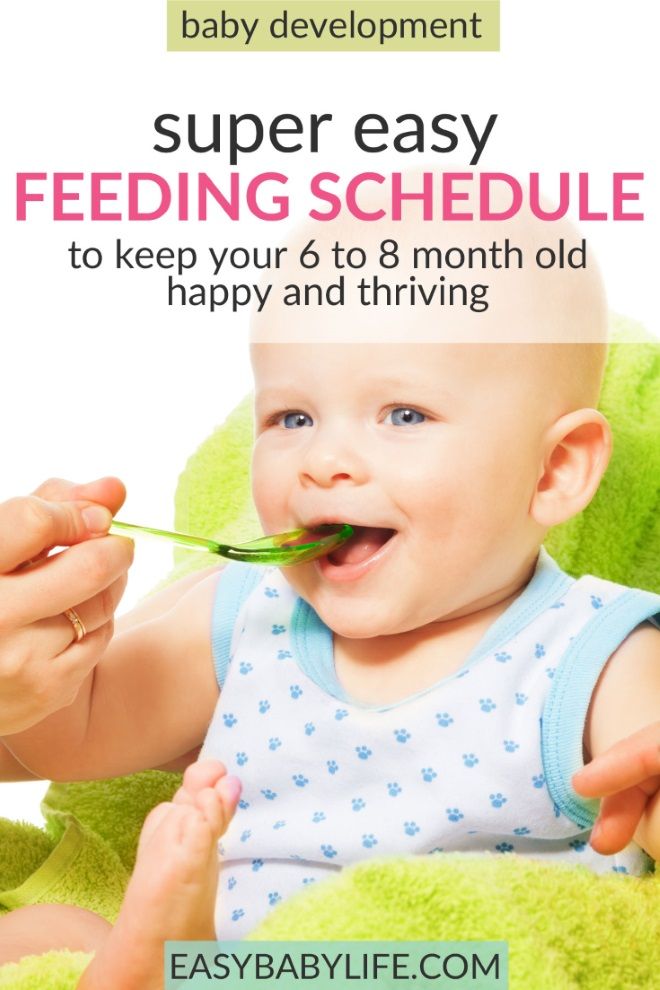 Breast milk, being a good source of antibodies, can strengthen the immune system of a child. Check to see if your baby is congested before you start feeding your child, as congestion can prevent your infant from feeding adequately.
Breast milk, being a good source of antibodies, can strengthen the immune system of a child. Check to see if your baby is congested before you start feeding your child, as congestion can prevent your infant from feeding adequately.
2. Barley Water
Suitable for infants who are at least six months old, barley water is a great remedy for fever, cold, and cough. However, it is not suitable for children with gluten allergy and caution must be exercised if a family member has such an allergy. This is because the allergy might have been passed on to your child and you could be still unaware of this fact.
3. Applesauce
Also known as stewed apples, these are easy-to-digest and can help a baby stay hydrated. They come in handy during a cough and cold as they replenish the body’s fluid supply.
4. Rice Water or Gruel
Recommended for babies who are above six months of age, rice gruel is a soothing home remedy for a cough and cold. Rice water boosts the immunity of a child thereby helping him combat any infection.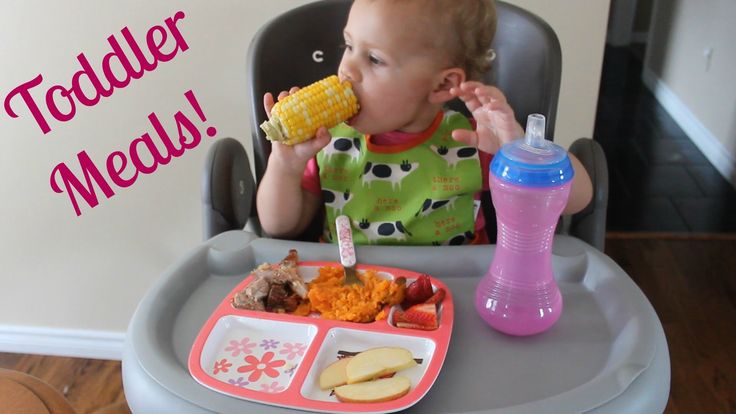
5. Sweet Potatoes
Sweet potatoes are a rich source of nutrients and strengthen the immune system. They also help the body in producing white blood cells. Sweet potatoes can be consumed in the form of porridge or you can mash and puree them for your little one aged six months and above.
6. Carrots
Carrots have medicinal properties and eating carrots can enhance the immune system and keep away bacteria and viruses. You can steam and mash the carrots to give it to your baby. You can also puree them or make carrot soup. However, give it your baby only if he is above six months of age.
7. Pomegranate Juice
The antioxidants in pomegranate juice can help subdue your child’s cold. Make pomegranate juice and add a bit of pepper powder and dry ginger powder to it. Give it to your baby if he is 6 months or older. This juice will help provide him relief from a cold and cough.
8. Moong Dal Porridge
Moong dal porridge is a wholesome and filling food for babies suffering from cold. It can be given during lunch or dinner. Suitable for children seven months and older, it is a soothing dish that you little one will enjoy.
It can be given during lunch or dinner. Suitable for children seven months and older, it is a soothing dish that you little one will enjoy.
9. Curd Rice
If your child is over eight months of age, you can feed him curd rice with a little seasoning of ginger and cumin seeds any time he is unwell. If your child has a cough or a cold, ensure that the curd you serve him is at room temperature and not too cold or sour.
10. Idli and Dosa
Steamed idli and dosa make great comfort food and can be given to kids when they are unwell and don’t feel like eating. You can give idli or dosa at any time of the day to your child if he is eight months or older. You can also offer chutney or some homemade jam as a dip.
11. Sabudana Porridge
Sabudana is also known as sago; it is a good source of starch and can give your child a dose of energy. As it easy to digest, it is a preferred choice for children when they are sick.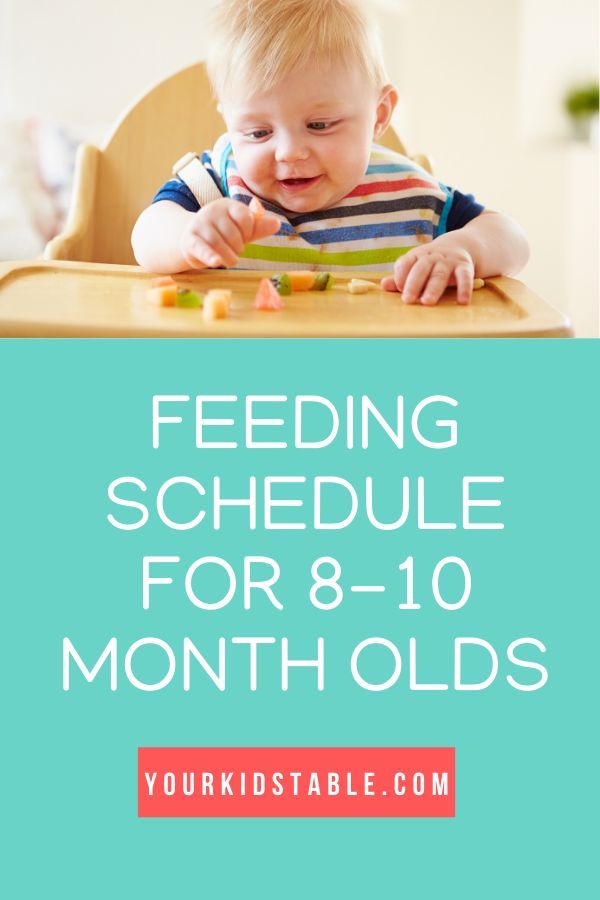 You can make sabudana porridge, serve it with vegetables, or you can simply give the water. It is good for babies aged seven months or older.
You can make sabudana porridge, serve it with vegetables, or you can simply give the water. It is good for babies aged seven months or older.
12. Broccoli
Rich in antioxidants, broccoli is a good pick for combating infections. It energizes the body’s immune system and is suitable for children over eight months of age. You can make broccoli soup or puree for your little one. He will soon feel better.
13. Tomato Soup
Almost all of us like tomato soup; it is tasty and healthy. And the good thing is that it can be even given to children older than eight months of age. It constitutes a healthy dose of Vitamin C – you can mix some mashed rice in it before offering it to your baby.
14. Mashed Potatoes
Mashed potatoes taste delicious and can be quite filling for a baby. Made from boiled potatoes, they usually appeal to children of all ages and can be introduced from eight months onwards.
15. Dalia
Being soft food, it can be swallowed easily, especially if a child has a throat irritation or pain. It can be made without milk to speed up the digestion process when a baby is sick. Dalia can be given to babies who are eight months and older.
It can be made without milk to speed up the digestion process when a baby is sick. Dalia can be given to babies who are eight months and older.
16. Citrus Fruits
Drinking orange juice or lemon juice can help prevent cell damage while easing congestion and thinning out mucus. Make the juice with lukewarm water and add a dash of honey. It is generally recommended for children who are one year or above.
17. Turmeric Milk
A little turmeric powder mixed in warm milk with a dash of pepper acts as a natural antibiotic and can cure a cold as well as throat infection in babies who are one year or above.
18. Mushroom Soup
The health benefits of mushrooms are plenty, and their ability to keep infections away is well known. You can give warm mushroom soup to your baby; it is great comfort food for toddlers with a cold and cough. It is usually given to children who have attained the age of one.
19. Poha or Beaten Rice
It is soft and can be chewed by babies easily. Poha is also easy-to-digest and makes for a filling meal, especially for a child who is unwell. You can give poha to your child if he is 1 year or older.
Poha is also easy-to-digest and makes for a filling meal, especially for a child who is unwell. You can give poha to your child if he is 1 year or older.
20. Tulsi Water
Tulsi or Indian basil can provide relief from a cold and cough. Boil a few leaves of tulsi in half a litre of water for about 5 minutes. Strain and give it to your child. You can give it to babies above 6 months of age.
21. Garlic Lentil Soup
Just like rice water, dal ka pani is good for babies. But if your baby is suffering from a cold and cough, you can give him garlic and lentil soup. Garlic has antiviral properties and can boost the immune system. Its antiviral properties can prevent infections as well as speed up the healing process.
22. Ajwain Water
Giving ajwain water can also provide relief from cough and can clear chest congestion. Boil a tablespoon of carom seeds in water for some time. Let it cool then strain the liquid, then give it to your baby at regular intervals.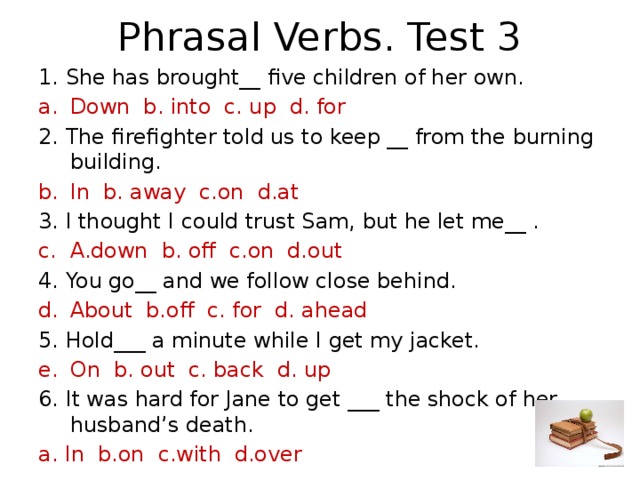
Foods to Avoid During Cold and Cough
There are certain foods that you should avoid including in your child’s diet if he has a cold and cough. This is because some fruits and vegetables are likely to have a cooling effect and can lead to respiratory infections. These include:
1. Refined Sugar and Sweets
Too much sugar is not good for anyone, especially for babies and toddlers. Hence, sugar and sweets laden with sugar should not be given to a child when he has a cold or cough.
2. Dry Fruits and Nuts
Your child may find it hard to chew or swallow dry fruits and nuts if he has a cold or cough. There is also a risk of pieces getting stuck in his throat if he coughs while eating. So it’s best not to give dry fruits and nuts. However, you can give them in powdered form – add the powder to his milk and porridges when he is sick.
3. Spicy and Oily Foods
Spicy or oily food can irritate the throat and worsen your child’s cough and cold.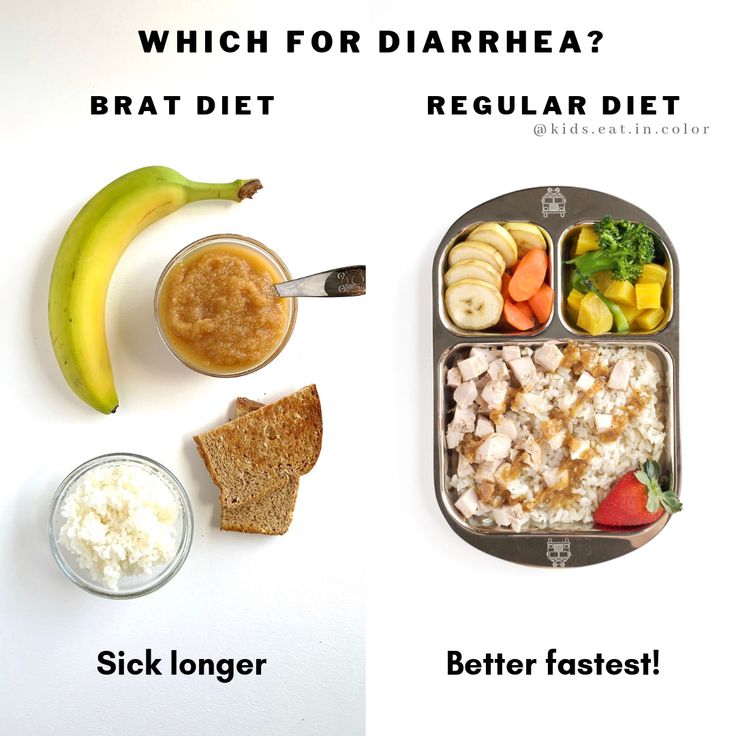 Thus, it is best to not give them to your kiddo.
Thus, it is best to not give them to your kiddo.
Tips to Feed a Child Suffering From a Cough and Cold
If your munchkin is unwell, he is bound to get cranky and may fuss while eating. Here are a few things you should keep in mind to make sure he gets the required nourishment:
- Babies aged six months and younger should be breastfed or can be given formula if they have a cold and cough.
- Babies who are 6 months and above should have frequent small meals instead of big meals thrice a day.
- If your baby’s doctor prescribes oral rehydration solution (ORS) to your toddler, be sure to give it to your child as and when required.
- If your baby does not want to eat something, give him what he wants to eat. Do not force-feed your sick child.
- If your baby is above six months of age, make sure he stays hydrated. Offer him different types of fluids. These can include water, milk, broth, and fresh fruit juice made with slightly warm water.
These are just some general guidelines you should follow if your child is down with a cold or cough.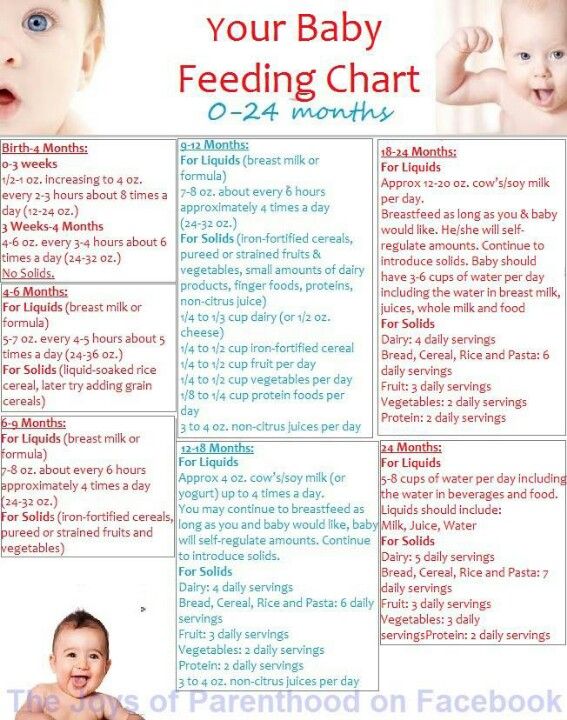 However, if there are symptoms like wheezing or ear pain, then it is best to consult a doctor immediately as it can be an ear infection or something more serious. Also, do not introduce any new foods when your baby is ill as these can aggravate the symptoms or cause allergies, worsening the matters. Consult your doctor if your child’s condition doesn’t improve over a couple of days. Since dehydration is a possibility because of infections, so keep an eye on your child, note these early signs to ensure you can get your child the help he needs immediately.
However, if there are symptoms like wheezing or ear pain, then it is best to consult a doctor immediately as it can be an ear infection or something more serious. Also, do not introduce any new foods when your baby is ill as these can aggravate the symptoms or cause allergies, worsening the matters. Consult your doctor if your child’s condition doesn’t improve over a couple of days. Since dehydration is a possibility because of infections, so keep an eye on your child, note these early signs to ensure you can get your child the help he needs immediately.
Also Read:
Cold and Cough Medicine for Infants and Children
Home Remedies for Children’s Colds and Flu
How to Deal with Dry Cough in Babies
Diet for an 8-month-old baby
In the ninth month, fish can be introduced into the diet of children. Along with animal meat, fish is a source of complete protein with a well-balanced composition of amino acids, fat, vitamins B2, B12 and minerals.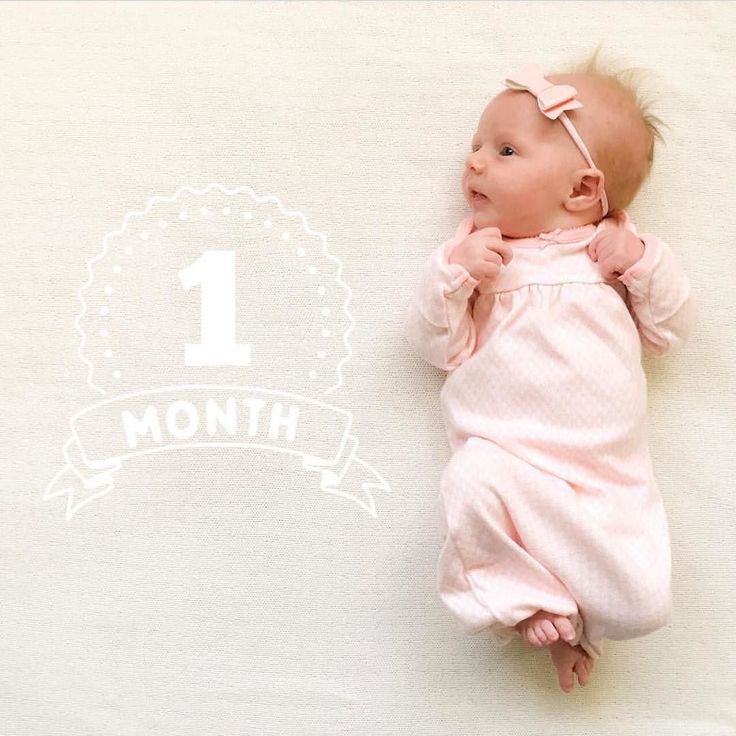 Compared to meat, fish contains 5 times less connective tissue, due to which it is quickly boiled soft, has a delicate texture after heat treatment and is easier to digest. Fish oil is characterized by a high content of polyunsaturated fatty acids, including the ω-3 class. These substances are necessary for the child to mature the brain, retina, strengthen the cardiovascular and immune systems. Sea fish contains such important trace elements for the child's body as iodine and fluorine. The child should be given 1-2 times a week instead of meat, be sure to monitor how the child tolerates fish in general and its individual varieties. Preference should be given to oceanic fish, preferably white (cod, hake, pollock), red salmon can be recommended, river pike perch, carp. nine0003
Compared to meat, fish contains 5 times less connective tissue, due to which it is quickly boiled soft, has a delicate texture after heat treatment and is easier to digest. Fish oil is characterized by a high content of polyunsaturated fatty acids, including the ω-3 class. These substances are necessary for the child to mature the brain, retina, strengthen the cardiovascular and immune systems. Sea fish contains such important trace elements for the child's body as iodine and fluorine. The child should be given 1-2 times a week instead of meat, be sure to monitor how the child tolerates fish in general and its individual varieties. Preference should be given to oceanic fish, preferably white (cod, hake, pollock), red salmon can be recommended, river pike perch, carp. nine0003
Self-cooked fish is given to a child with boiled and mashed vegetables. You can also offer your baby fish and vegetable canned food, but they contain only 10 - 20% of fish.
At this age, when all the main food groups have already been introduced, special attention should be paid to the diversity of the composition of dishes.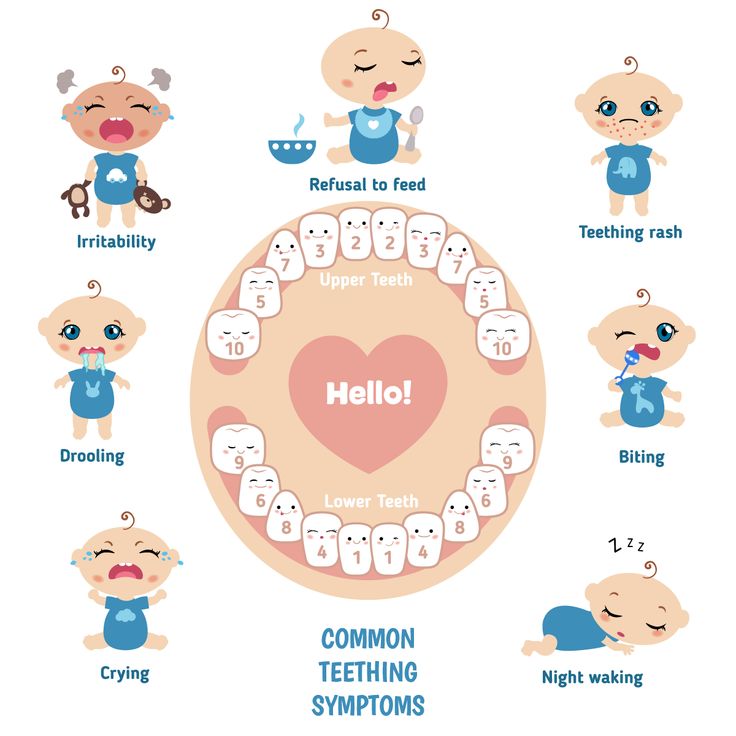 New, possibly combined products are introduced, for example, not only purees from various fruits and berries, but also their combinations with cottage cheese, cream, cereals, etc.
New, possibly combined products are introduced, for example, not only purees from various fruits and berries, but also their combinations with cottage cheese, cream, cereals, etc.
From the age of 8 months, the child's diet can be expanded to include fermented milk products (baby kefir, biokefir, bifidokefir, yogurt, bioyogurt, biolact). Fermented milk products are prepared using a special starter culture that breaks down milk protein, so that the baby can get an indispensable set of amino acids in a well-available form. Fermented milk products improve the composition of the intestinal microflora of the child, are rich in B vitamins and calcium. Their regular use favorably affects the functioning of the intestines, stimulates appetite, and increases the absorption of micronutrients. Children's dairy products are introduced into the baby's diet gradually, starting with 1 tsp. and with good tolerance increase their volume to 150-200 ml per day. nine0003
Sample menu for a healthy baby 8 months
| I feeding 6 hours | Breast milk or infant formula | 200 ml |
| II feeding 10 hours | Dairy-free* or milk porridge Butter Boiled egg yolk Fruit puree Fruit juice | 180 g | nine0024
| III feeding 14 hours | Vegetable puree Vegetable oil Meat puree Fruit juice | 170 g 1/2 tsp 50 g 50 ml |
| IV feeding 18 hours | Cottage cheese Baby biscuits Fruit puree Supplementation with breast milk or baby kefir/yogurt | 40 g |
| V feeding 22 hours | Breast milk or infant formula | 200 ml |
* - diluted with breast milk, infant formula or water
Approximate daily ration for an 8 month old baby allergic to cow's milk proteins
| I feeding 6 hours | Breast milk or formula for children allergic to cow's milk proteins | 200 ml |
| II feeding 10 o'clock | Dairy-free* porridge Vegetable oil Fruit puree (apple, pear) | 120 g 1 tsp 80 g |
| III feeding 14 hours | Vegetable puree Vegetable oil Meat puree | 170 g 1 tsp 40 g |
| IV feeding 18 hours | Vegetable puree or porridge Vegetable oil Meat puree | 170 g 1 tsp 30 g |
| V feeding 22 hours | Breast milk or formula for children allergic to cow's milk proteins | 200 ml |
* - diluted with breast milk or formula for children with allergies to cow's milk proteins
optimal menu for an eight-month-old baby
diet of adult food and reduce the number of feedings.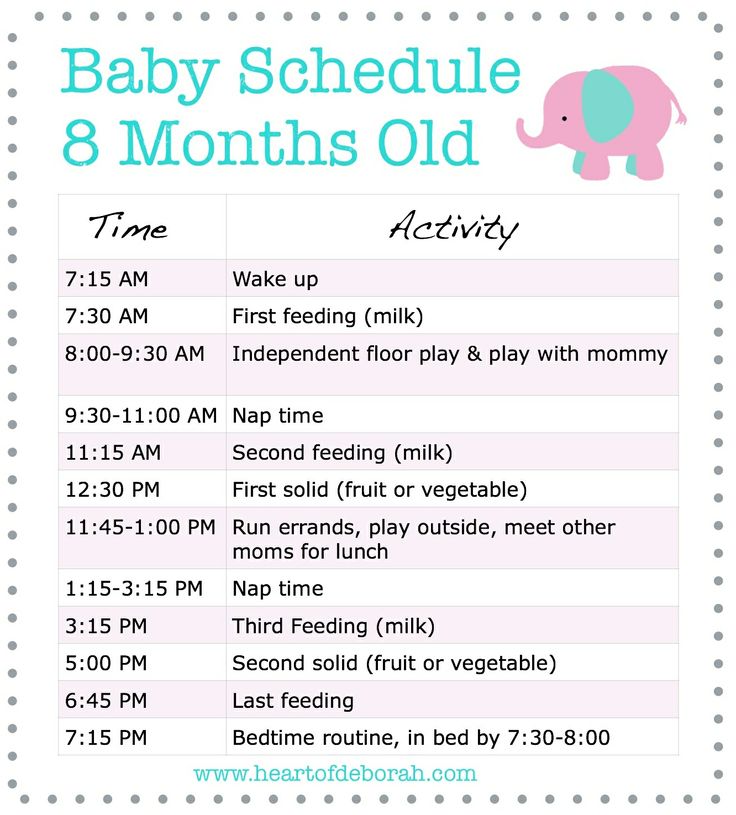 But I decided to study the issue and share with you. Let's find out how the eating behavior of an 8-month-old baby changes. nine0003
But I decided to study the issue and share with you. Let's find out how the eating behavior of an 8-month-old baby changes. nine0003
Important foods for an eight-month-old baby
At this age, breast milk or formula is still the main food for a baby. Their volume will reach up to 700-900 milliliters per day. But adult food is still in second place, although the composition of complementary foods is already expanding. The child becomes more and more familiar with new tastes, he develops food interest.
Let's see what can be added to the diet:
Cereals:
In addition to buckwheat, rice and corn, add oatmeal. Also, a child can already try pasta and vermicelli for soups. But it is better to introduce bread not earlier than a year. nine0003
Vegetables:
Broccoli and cauliflower, spinach, green beans are added in addition.
Fruit
The child can already taste bananas, prunes, plums, peaches, nectarines and apricots.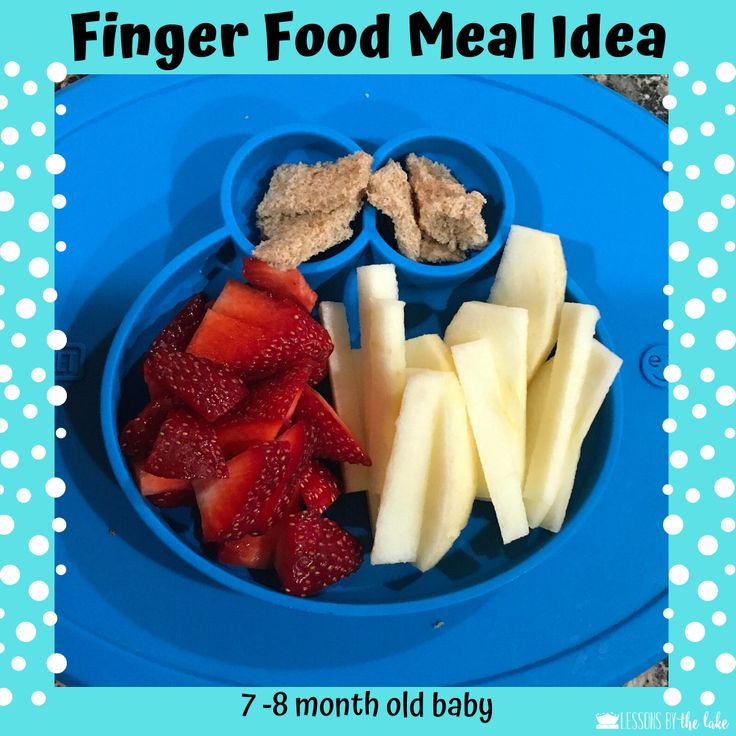
Meat
Add turkey, rabbit, chicken and veal to your menu. But soups with meat broth should be avoided for the time being.
Eggs
Since eggs can cause allergies, the hard-boiled yolk is given a taste first. A whole egg can be given after a year. nine0003
Fish
This is a new food item. For an eight-month-old baby to get acquainted with fish, cod is suitable.
Butter
Prefer butter, olive and sunflower oils.
Dairy products
Many mothers introduce them as early as possible to provide the baby with calcium. You can give pureed cottage cheese and yogurt.
Biscuits
Baby biscuits should be added in small portions if the child already chews well. nine0003
Drinks
In addition to breast milk or formula, offer your baby other liquids such as water, juice or compote.
How to cook and serve food
Cooked fruits and vegetables can be given to your child. We cook food mostly still in a soft and puree form. It is better to make porridge boiled to feed the baby.
At this age, the child begins to take food by himself and is already better able to chew. To practice these skills, offer food in the form of pieces so that he can take them by hand. For example, bananas, pasta, meat and vegetables. Never leave your baby unattended while feeding. Do not give grapes, raw carrots, raisins, as they are easy to choke on. nine0003
Offer new food in the morning. And in the evening you can have the dishes familiar to the child.
A table with an example of what a daily menu for an 8-month-old baby might look like (suitable for both breastfeeding and IV):
Remember that this is just one example of nutrition at this age.
When introducing new products and monitoring the nutrition of an eight-month-old baby, be guided by the baby and his taste preferences.
